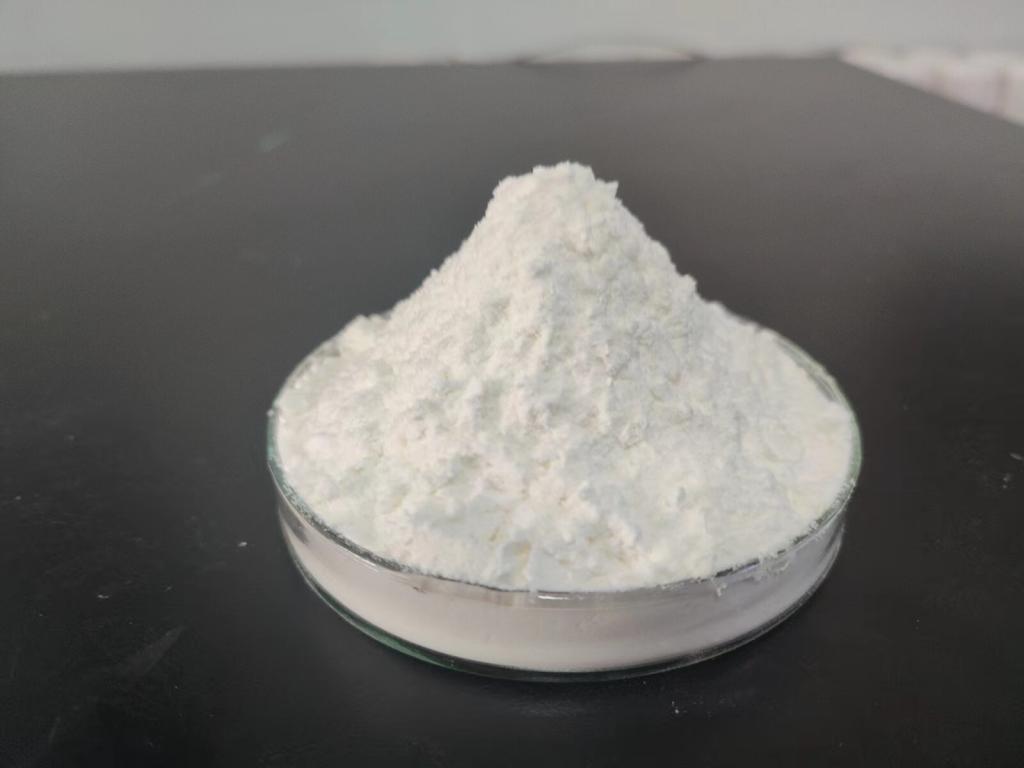
 CONTACT
CONTACT
- Linkman:Linda Yao
- Tel: +8618231198596
- Email:linda.yao@dcpharma.cn
- Linkman:CHARLES.WANG
- Department:Overseas
- Tel: 0086 0311-85537378 0086 0311-85539701
ε-Polylysine Hydrochloride's Impact on the Microbiota: Shaping the Landscape of Gut Health
TIME:2023-12-22
The intricate ecosystem of the human gut microbiota plays a pivotal role in maintaining overall health. In recent years, ε-polylysine hydrochloride, a natural antimicrobial peptide derived from microbial fermentation, has emerged as a potential influencer of gut health. This article explores the impact of ε-polylysine hydrochloride on the microbiota, unraveling its potential to shape the landscape of gut health and contribute to overall well-being.
1. Understanding the Gut Microbiota:
Provide an overview of the gut microbiota, emphasizing its diversity and importance in human health. Discuss the symbiotic relationship between the microbiota and the host, with a focus on its role in digestion, nutrient absorption, and immune system modulation.
2. ε-Polylysine Hydrochloride: A Natural Antimicrobial Peptide:
Introduce ε-polylysine hydrochloride, detailing its natural origin and the microbial fermentation process that gives rise to this unique antimicrobial peptide. Highlight its antimicrobial properties and its historical applications in food preservation.
3. Mechanisms of Action in the Gut:
Examine the molecular mechanisms through which ε-polylysine hydrochloride exerts its antimicrobial effects in the gut. Discuss its impact on specific bacterial strains and its ability to modulate the composition of the gut microbiota. Explore the balance between promoting beneficial bacteria and inhibiting potentially harmful ones.
4. Applications and Sources of ε-Polylysine Hydrochloride:
Discuss the sources and applications of ε-polylysine hydrochloride in various industries, including its use in food preservation, cosmetics, and pharmaceuticals. Emphasize the potential for direct consumption as a supplement and its impact on the gut microbiota.
5. Gut-Brain Axis and Mental Health:
Explore the connection between the gut microbiota and mental health through the gut-brain axis. Discuss emerging research on how ε-polylysine hydrochloride may influence this axis, potentially contributing to mental well-being. Highlight collaborative efforts between researchers and industries in exploring these connections.
6. Impact on Immune Function:
Examine the role of the gut microbiota in immune function and how ε-polylysine hydrochloride may impact this intricate relationship. Discuss collaborative studies that investigate the potential of ε-polylysine hydrochloride in modulating immune responses and protecting against microbial challenges.
7. Prebiotic and Probiotic Interactions:
Explore the interplay between ε-polylysine hydrochloride and prebiotics or probiotics. Discuss how it may complement existing prebiotic and probiotic strategies to enhance the overall health-promoting effects on the gut microbiota. Highlight collaborative research aiming to optimize these interactions.
8. Safety and Regulatory Considerations:
Address safety considerations associated with the consumption of ε-polylysine hydrochloride, including potential allergic reactions and regulatory approvals. Discuss collaborative efforts between researchers, health organizations, and regulatory bodies to establish guidelines for its safe use.
9. Clinical Studies and Human Trials:
Review existing clinical studies and human trials investigating the impact of ε-polylysine hydrochloride on the gut microbiota. Highlight collaborative initiatives between academia, healthcare professionals, and industry partners to conduct robust research on its effects on gut health in diverse populations.
10. Future Directions and Collaborative Research:
Discuss potential future developments in understanding the impact of ε-polylysine hydrochloride on the gut microbiota. Explore emerging trends, ongoing research projects, and collaborative efforts that aim to uncover new facets of its influence on gut health.
Conclusion:
Summarize the article's key points, emphasizing the potential of ε-polylysine hydrochloride in shaping the landscape of gut health. Highlight the collaborative endeavors between researchers, industries, and healthcare professionals to unlock the full potential of this natural antimicrobial peptide. As ε-polylysine hydrochloride continues to reveal its impact on the microbiota, collaboration remains paramount in advancing our understanding of its role in promoting overall gut health and well-being.
- Tel:+8618231198596
- Whatsapp:18231198596
- Chat With Skype







